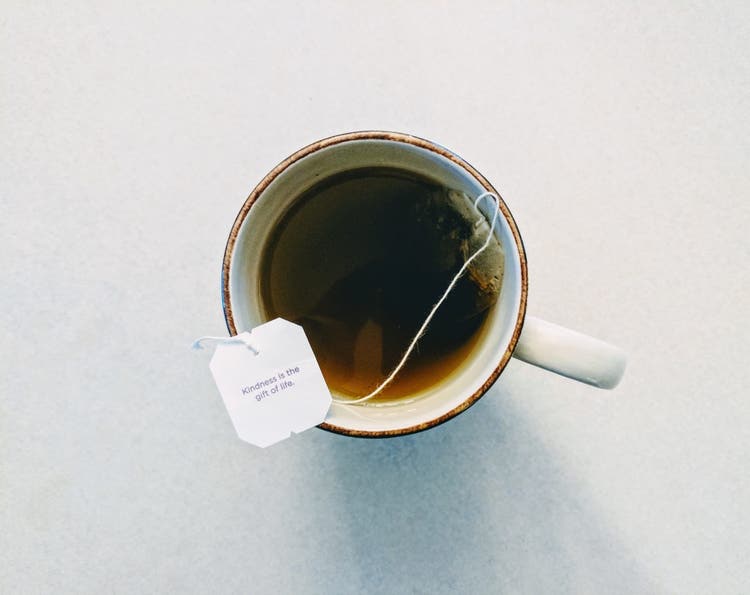News Flash: Hot Tea and Cancer, New Rule for Mammograms, and Other Health News

Every week, we’re bringing you a roundup of the latest health and wellness news to hit the wire. This week, we look at how very hot tea ups the risk for esophageal cancer, why the Food and Drug Administration is proposing its first change in mammogram regulations in two decades, and why the European Parliament has voted to nix daylight saving time for health reasons.
Give that steaming mug a minute
You’ve probably heard about the many health benefits of drinking tea. But here’s one thing you might not know: Drinking your tea at a very hot temperature almost doubles your risk of esophageal cancer. According to this story on CNN, a new study not only confirms previous research linking hot tea and this type of cancer but also pinpoints a specific temperature associated with this risk (about 140 degrees).
Researchers found that among the 50,000 people studied in Golestan—a province in northeastern Iran where tea is served very hot—those who drank more than two large cups of the extra-hot brew per day had a 90 percent higher risk of esophageal cancer, when compared with those who consumed less tea and at cooler temps.
Esophageal cancer is the eighth most common cancer in the world and is often fatal. It is usually caused by repeated injury to the esophagus because of smoke, alcohol, acid reflux and—potentially—hot liquids.
Scientists say it’s probably not the tea that’s the culprit.
“In fact, it is probably anything hot: Microwaved jam has been known to cause esophageal injury,” said Stephen Evans, a professor of pharmacoepidemiology at the London School of Hygiene & Tropical Medicine, who was not involved in the study. “It is possible that the trauma leads to cell changes and hence to cancer.”
Got dense breasts? Now you’ll know
A new rule proposed by the Food and Drug Administration will require mammogram centers that screen for breast cancer to tell women whether they have dense breast tissue because it can increase the risk of cancer and hide tumors, according to The New York Times.
Dense breast tissue, found in half of women 40 and older in the United States, has a higher proportion of glandular or connective tissue, which blocks X-rays, making mammography less reliable.
The tissue and the tumor show up as white and blend together versus fat, which is black and provides contrast. Women with dense tissue are often advised to have other screening tests in addition to mammograms, such as ultrasound or MRI scans.
About three dozen states already require that women be given information about breast density. The proposed FDA rule would put forth specific language to explain breast density—including the need for more imaging tests—as well as a recommendation that patients talk to their doctor about their results.
Is daylight saving time a health risk?
The European Parliament has voted to squash the seasonal changing of the clocks by an hour starting in 2021, citing increased cardiovascular risk from the interruption to biological clocks.
The vote now requires the agreement of national governments, which would be able to choose whether to remain on “permanent summer” or “permanent winter” time under the draft directive.
The practice of switching the clocks was introduced during the First World War to save energy by prolonging daylight in the summer. But now many believe it is unnecessary and a strain on the body’s circadian clock, with people who tend to stay up later, unsurprisingly struggling the most with the change.
Photo credit: Drew Taylor, Unsplash